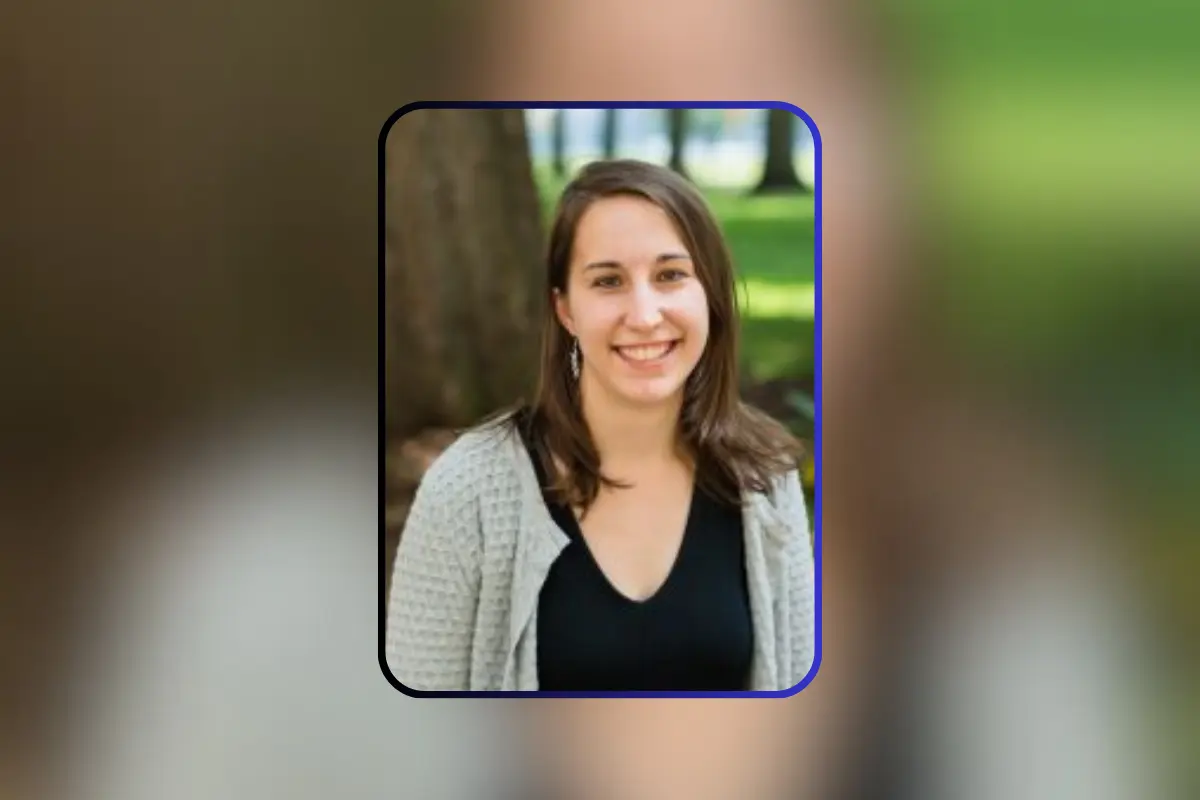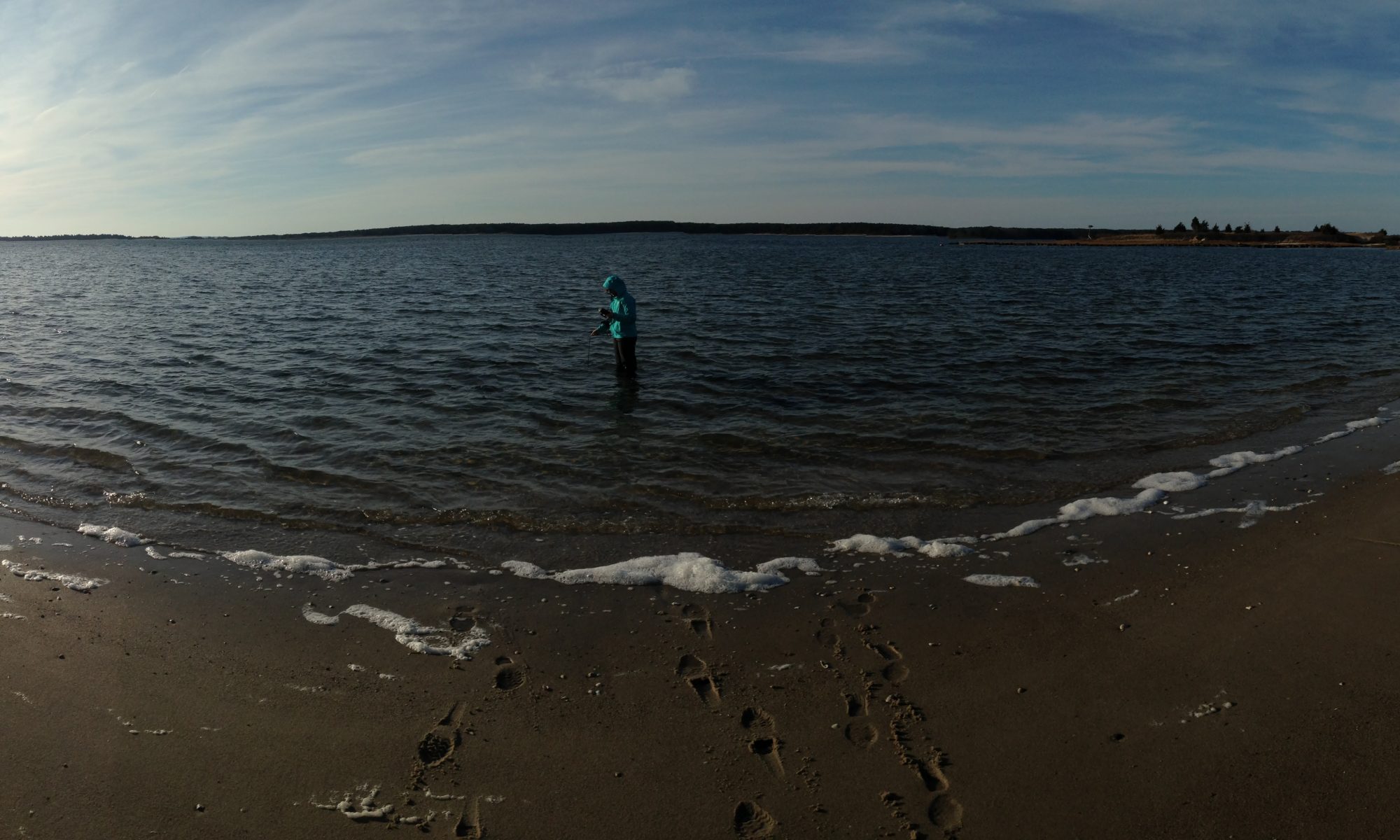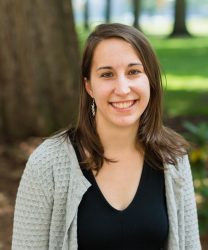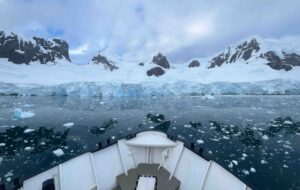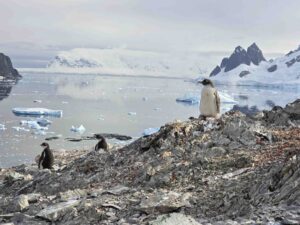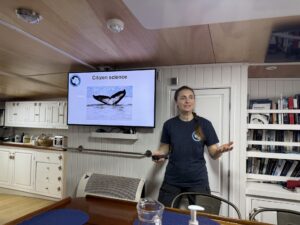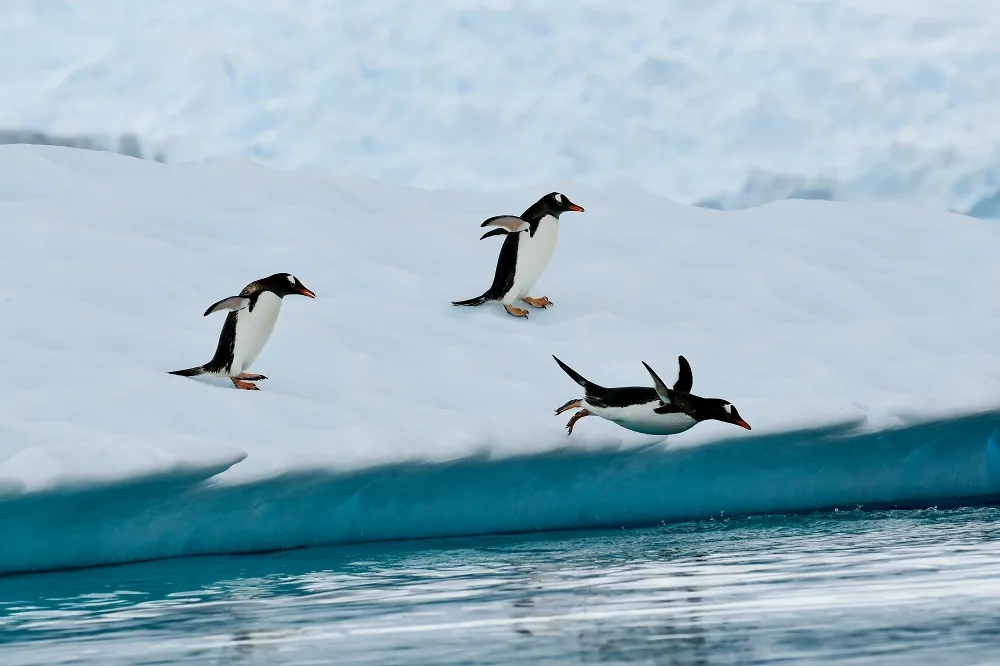Antibiotic Resistance in the Oceans – Dr Megan May
Joining Ocean Tramp trip Jan 29, 2020
Dr. May’s Science in Antarctica
As an environmental microbiologist, Dr. May will collect water and sediment samples from around Antarctica to continue her research on antibiotic resistant bacteria in the ocean, in order to better understand human and environmental health. This research project will well fit into the work she did for her PhD.
Antibiotics can easily be considered one of the most important discoveries of the 20th century and have revolutionized the way healthcare treats bacterial infections. However, their immense power comes with a cost. This cost is antibiotic resistance (AR), a phenomenon that is present and rising throughout the world. AR is when bacteria is not affected by an antibiotic and therefore cannot be controlled. This health and economic cost is projected to increase in the coming years, resulting in 10 million deaths worldwide in 2050 and a cost of up to $100 trillion over the next 35 years. From both economic and human health perspectives, antibiotic resistance is a crisis that needs to be controlled.
One of the questions in controlling antibiotic resistance is what is the natural (background) level of antibiotic resistance in the environment. Knowing the background level can then allow for determination of the anthropogenic amounts, which can allow for more targeted reductions in antibiotic use and policy. However, this can be difficult to elucidate because humans have impacted so much of the world. Gathering samples in isolated areas of Antarctica would allow Dr. May to address this question.
Join Dr. May on the Jan 29, 2020 Trip on Ocean Tramp!
Read more about her past research here.
Who is Dr. Megan May?
She is currently a NOAA Knauss Fellow working in the US Senate in Senator Tammy Baldwin’s Office on agriculture, environment, and natural resource issues. She recently received her PhD in Marine Environmental Microbiology from the Massachusetts Institute of Technology-Woods Hole Oceanographic Institution Joint Program in Oceanography.
Throughout her career, she has been interested in using science in the world. With that in mind, she pursued a certificate in Science, Technology, and Policy at MIT and completed a capstone project related to the policy of antibiotic resistance. This interest led to her current fellowship in science policy.
After finishing her PhD, she taught an intensive course for Bard College’s Citizen Science program, which allowed her to merge interests in science (especially about water contamination), social justice, education, and communication.
During graduate school, she was also the co-president of the Broader Impacts Group (BIG), which focuses on science outreach to the public and gave her a variety of opportunities to share her love for science from kindergarteners to senior citizens.
Megan received a Bachelor of Arts degree in Biology with minors in Spanish and Sociology from DePauw University in 2013. In her free time, she enjoys reading at the beach, gardening, and sending time with her significant other and their dog, Norah.
Learn more about her here
Join us in Antarctica!

